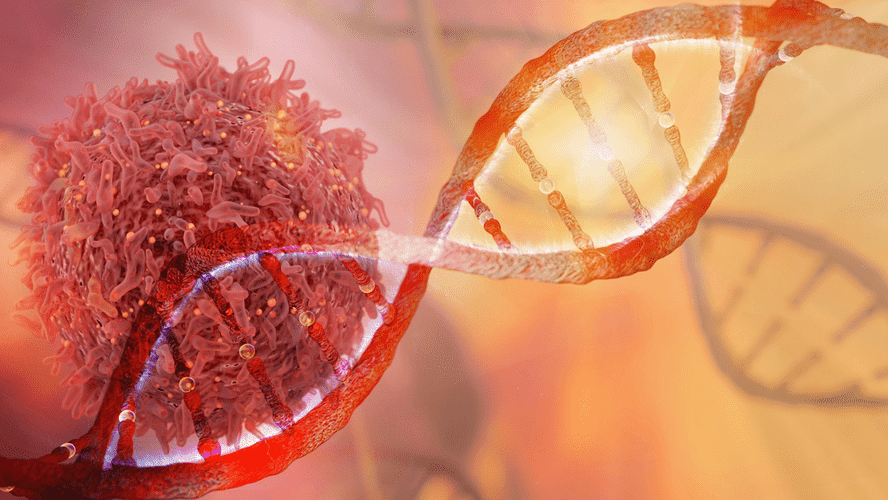How to Overcome an Addiction: 16 Tips for Recovery
20/05/2021 03:51
If you have to ask, “Am I an alcoholic?” you most likely are. Take the assessment and get matched with a professional, licensed therapist. You aren’t to blame for your loved one’s drinking problem and you can’t make them change. Use the NIAAA’s drink size calculator to determine the amount of alcohol in various drinks.
Get online support.
You may also consider joining an online support group to help you feel less alone. Feeling at your best physically can boost resilience and emotional strength, equipping you to weather challenges that trigger the desire to drink. Letting others know about your choice to stop drinking may help motivate you to stick with your decision.
Speak to a Licensed Therapist
“Once you have a sense of how much you’re drinking, it’s helpful to track how many drinks you’re having per day,” says Witkiewitz. “You could use a calendar, journal or any number of tracking apps.” Drink Control Alcohol Tracker or Less are two examples of free tracking apps available on iOS devices. Exploring, in writing, what you find difficult and when you most want to drink can help you notice patterns that offer more insight into your alcohol use. It’s important to know that if your body has developed a strong dependence on alcohol, trying to quit “cold turkey” can be hazardous to your health.

Spirulina: Health Benefits, Uses And Side Effects, According To Experts
Look for things that will help occupy your time and keep your mind off of drug cravings. Even simple things like talking to a friend, watching a television show, reading a book, or going for a walk can provide a sufficient distraction while you wait for a craving to pass. However, if you are feeling depressed or find yourself constantly wanting to return to the addictive behavior, you should seek support and treatment.
Overcoming an addiction to alcohol can be a long and bumpy road. If you’re ready to stop drinking and willing to get the support you need, you can recover from alcoholism and alcohol abuse—no matter how heavy your drinking or how powerless you feel. And you don’t have to wait until you hit rock bottom; you can make a change at any time. Whether you want to quit drinking altogether or cut down to healthier levels, these guidelines can help you get started on the road to recovery today. For alcohol and drug addictions, it is a good idea how to overcome alcoholism to talk to a doctor or local drug clinic about whether you need medical help in quitting.
Top doctors in ,
- People who are dependent on alcohol, or have other medical or mental health problems, should stop drinking completely.
- It’s always wise to check with your doctor — she should be able to help you decide whether it is best for you to cut back or to abstain.
- Keep in mind the reasons you chose to cut back on or quit alcohol.
- You might also want to let those friends who drink, use drugs, or engage in addictive behaviors know that you are planning to change.
If you’ve become dependent on alcohol, cutting it out of your life may produce withdrawal symptoms, such as a rapid heartbeat, high blood pressure, sweating and shaking. Psychological symptoms can include irritability, anxiety and restlessness. Your relationships and friendships are likely to change as you overcome your addiction. However, it can also take time and effort for trust to be re-established if you have hurt friends or family while you were actively involved in your https://dev-freelancerjustin95.pantheonsite.io/is-alcoholism-genetic-decode-your-dna-and-learn-2/ addiction.
What does drinking alcohol do to your body?

Withdrawal symptoms can be a difficult aspect of overcoming addiction for both substance and behavioral addictions. With substance addictions, the physiological aspects of withdrawal can be extremely uncomfortable like a bad flu, or can even be life-threatening. For this reason, it is a good idea to talk to a doctor about the best way and the best place to quit a substance. Alcoholism affects many people around the world regardless of age, race, culture, or circumstances. Addiction can take hold of your life and feel like a deep pit that is impossible to get out of. While you can never be completely cured from an addiction to alcohol, there is hope that with hard work you can heal.
Avoid loneliness.
Turner notes the importance of bringing along a trusted support person when attending events that involve alcohol. It’s often easier to turn down a drink when you don’t have to do it alone. It’s possible to develop a better relationship with alcohol and make more mindful, informed choices about drinking without total sobriety. What’s most important is to look at your drinking habits and find a way to cut back that works for you. Group therapy, led by a therapist, can give you the benefits of therapy along with the support of other members.

However, as the National Institute on Drug Abuse (NIDA) explains, relapse does not mean that treatment has failed. The chronic nature of addiction means that relapsing is often part of the quitting process. It is better to set a goal that you will actually achieve than to plan to quit “cold turkey” and end up relapsing, which can be more dangerous than simply continuing without any changes. Alcohol causes changes in your brain that make it hard to quit. Trying to tough it out on your own can be like trying to cure appendicitis with cheerful thoughts.
This therapist directory is offered in partnership with BetterHelp. If you sign up for therapy after clicking through from this site, HelpGuide will earn a commission. This helps us continue our nonprofit mission and continue to be there as a free mental health resource for everyone.
In fact, more people succeed at beating their addiction than fail. We’ll walk you step-by-step through an addiction recovery plan so you can start changing your life for the better today. Additionally, we’ll help you understand why addictions are hard to overcome and how to plan for common problems that may pop up.
This can also occur with behavioral addictions involving activities such as eating, sex, gambling, shopping, and exercise. Recovery can take Twelve-step program a long time, so you may need ongoing treatment. Tapering off alcohol can lengthen your recovery time but it may be better for you in the long run.










